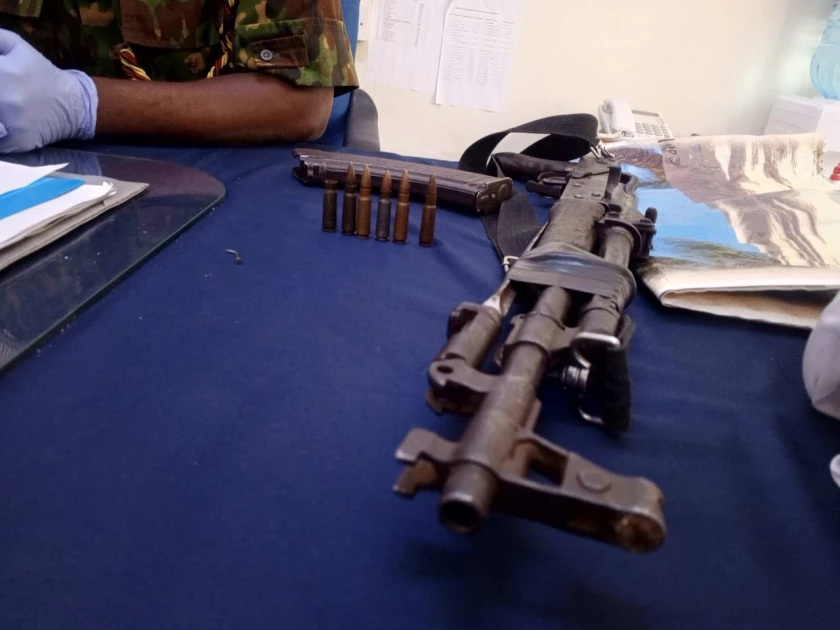
There have been many wonderfully accomplished players and teams in the Premier League, but never before was there such technical sophistication from back to front. Until Pep Guardiola arrived on these shores in 2016, and certainly for his first season at Manchester City, there was a widely held belief that his dogmatic belief in pure possession football was untenable amid the blood and thunder of English football.
A personal view, for what it’s worth: those first two title-winning seasons under Guardiola were a purer, more entertaining, more enthralling, more admirable team than the latest model, built around the focal point of Erling Haaland, a more physical midfield and with repurposed central defenders where the full-backs used to be. They were more formidable in the Premier League, even if success on the Champions League stage proved elusive.
In the 2017-18 and 2018-19 seasons, they won 32 matches, finishing with 100 and 98 points respectively. Last season they won it with 28 wins and 89 points. This season can end with a maximum of 28 wins and 91 points. Despite the presence of Haaland, they have scored fewer goals than in 2017-18, too. The free-flowing football of those first two title-winning campaigns has given way to something more controlled and less… electrifying.
But they are still brilliant, still formidable, still remarkably focused and consistent – and have been so, give or take the occasional dip, for seven seasons as the team has evolved.
Ederson, Kyle Walker, John Stones, Bernardo Silva and Kevin De Bruyne (and Phil Foden, albeit on the margins for the first few years) have been there throughout. Rodri and others have excelled since joining the party more recently. For all their technical excellence, their most underrated quality, as a collective, is their resilience.
If… if…the club ends up found guilty and punished for accounting offences, whether it is a handful of them or all 115, it will of course cast a great shadow over this golden era. But this is not, as some would have it, a Lance Armstrong scenario.
In cycling, an individual sport where success correlates directly to the power output and endurance of the guy on the bike, Armstrong was found to have knowingly pumped his body full of EPO and human growth hormone as part of what the United States Anti-Doping Agency called “the most sophisticated, professionalised and successful doping programme that sport has ever seen”.
That is very different to being accused of breaching financial regulations and failing to cooperate with an investigation. If there are parallels, they don’t go very far.
One is the most brazen act of cheating imaginable in sport. The other is about whether a club supplied accurate financial information in a sport that had previously existed without spending limits.
Any club found guilty of breaching those financial regulations should be punished accordingly, as Everton and Forest have been. The accusations against City are far more serious and far more numerous. But it is hard to get too moralistic about it. Even in the worst case, there would be an almighty difference between what Arsene Wenger used to call “financial doping” and, well, actual doping.
And although this is another question entirely, City fans are entitled to question why spending regulations suddenly became a preoccupation for England’s and Europe’s dominant clubs in the late 2000s. It doesn’t affect the rights or wrongs of their case, but it does serve as a reminder that the principles of Financial Fair Play were not exactly carved on tablets of stone. If Barcelona can’t sign Messi and PSG can, what does that tell us after 10 years of FFP?
There might be a temptation to say that all of this money made success inevitable for City, but Guardiola was correct to point out this week that Manchester United and Chelsea have spent similar sums in recent years and “they are not there”. In fact, they are barely halfway there.
In other words, money alone does not account for City’s sustained excellence. That money has built a top-class football operation (which it has belatedly occurred to the Manchester United hierarchy to try to replicate). It is an environment in which Guardiola feels he has all the conditions to succeed and in which he has helped so many players – and rarely the A-list “superstar” signings favoured at Old Trafford over the past decade – take their game to another level entirely.
The emails published by Der Spiegel suggest a certain brazenness at work at City in the early 2010s and many of the charges relate to questions of whether the club acted in “the utmost good faith”. But nobody is accusing Guardiola or his players of acting in bad faith. These are questions for men in suits. Why should they affect the way we regard the men – and indeed the women – in boots?
Of course, it is unlikely Guardiola would even have given City a second glance had the club not been built up so impressively during the years when their accounts are under investigation. And as impressive and hard-working as the people working in the commercial department might be, the very nature of the charges hanging over City means there was a natural tendency to say “Yeah, but…” when the club announced last June that they had surpassed Real Madrid as the most valuable brand in the sport.
But the Champions League victory that came in Istanbul a few days earlier was so much easier to laud. Surely it is possible to admire and praise a team – a genius of a coach and a group of players whose talent is matched by their application – while questioning the institution? Or to put it the other way: surely it is possible to question an institution while admiring and praising a team?
Even as another judgment day awaits in the Premier League this Sunday, everyone knows the real day of reckoning for Manchester City lies in the middle distance.
That – the sportswashing accusations, the allegations in Der Spiegel, the 115 charges – is the prism through which the growth of a modern-day sporting empire is inevitably seen. But the team? It’s a brilliant team that deserves nothing but praise. It’s a tale of two Citys, a City of two tales. It should be perfectly natural to acknowledge both.
- The Athletic report







